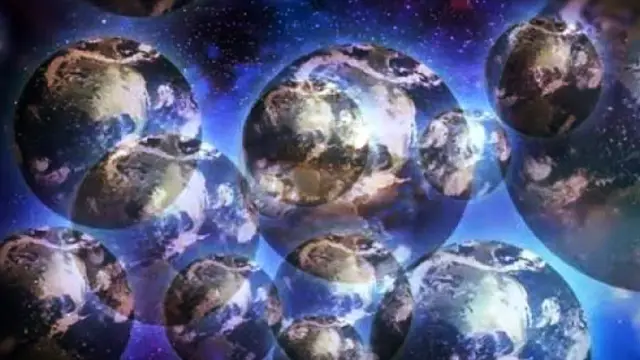Have you ever wondered if there are other versions of reality? The idea of parallel universes has fascinated scientists and dreamers alike. What if our universe is just one of many? Here are five clues that suggest parallel universes might exist.
1. Quantum Mechanics and Superposition
One of the strongest pieces of evidence for parallel universes comes from quantum mechanics. This branch of physics studies the behavior of tiny particles, like electrons. In quantum mechanics, particles can exist in multiple states at once. This concept is known as superposition.
For example, an electron can be in two places at the same time until it is observed. When we measure it, it “chooses” a position. Some scientists believe that every time a quantum event occurs, the universe splits into different branches. Each branch represents a different outcome. This means that every choice we make could create a new universe where a different choice was made.
2. The Many-Worlds Interpretation
The Many-Worlds Interpretation (MWI) of quantum mechanics takes the idea of superposition further. Proposed by physicist Hugh Everett III in 1957, MWI suggests that all possible outcomes of a quantum event actually occur, but in separate, parallel universes.
For instance, if you flip a coin, it can land on heads or tails. According to MWI, there is a universe where the coin lands on heads and another where it lands on tails. This interpretation challenges our understanding of reality and suggests that countless versions of ourselves exist in different universes, each making different choices.
3. Cosmic Inflation and Bubble Universes
Another clue comes from the theory of cosmic inflation. This theory suggests that the universe expanded rapidly after the Big Bang. Some scientists believe that this inflation could create “bubble universes.”
In this scenario, our universe is just one bubble in a vast sea of bubbles, each representing a different universe with its own laws of physics. These bubble universes could be completely different from ours, with different dimensions, forces, and even forms of life. The idea of bubble universes supports the notion that we might not be alone in our reality.
4. Black Holes and Wormholes
Black holes are regions in space where gravity is so strong that nothing can escape, not even light. Some scientists theorize that black holes could be gateways to other universes. When matter falls into a black hole, it may not simply disappear; it could be transported to another universe entirely.
Additionally, wormholes are hypothetical passages through space-time that could connect different points in the universe or even different universes. If wormholes exist, they could allow travel between parallel realities. While these ideas are still theoretical, they open the door to the possibility of multiple universes.
5. Mathematical Consistency and Fine-Tuning
The universe we live in is finely tuned for life. The physical constants, such as gravity and the speed of light, are set at precise values that allow for the existence of stars, planets, and life itself. Some scientists argue that this fine-tuning suggests the existence of multiple universes.
If there are countless universes, each with different physical constants, it is not surprising that at least one of them would have the right conditions for life. This idea is known as the fine-tuning problem. It implies that our universe is just one of many, where the odds of life occurring are much higher.
Conclusion
The concept of parallel universes is both exciting and mind-boggling. From quantum mechanics to cosmic inflation, there are several clues that suggest we might be living in one of many realities. While these ideas are still being explored and debated, they challenge our understanding of the universe and our place within it.
As science continues to advance, we may uncover more evidence supporting the existence of parallel universes. Until then, the idea remains a fascinating topic for discussion and exploration. What do you think? Do you believe in parallel universes? Share your thoughts in the comments below!

